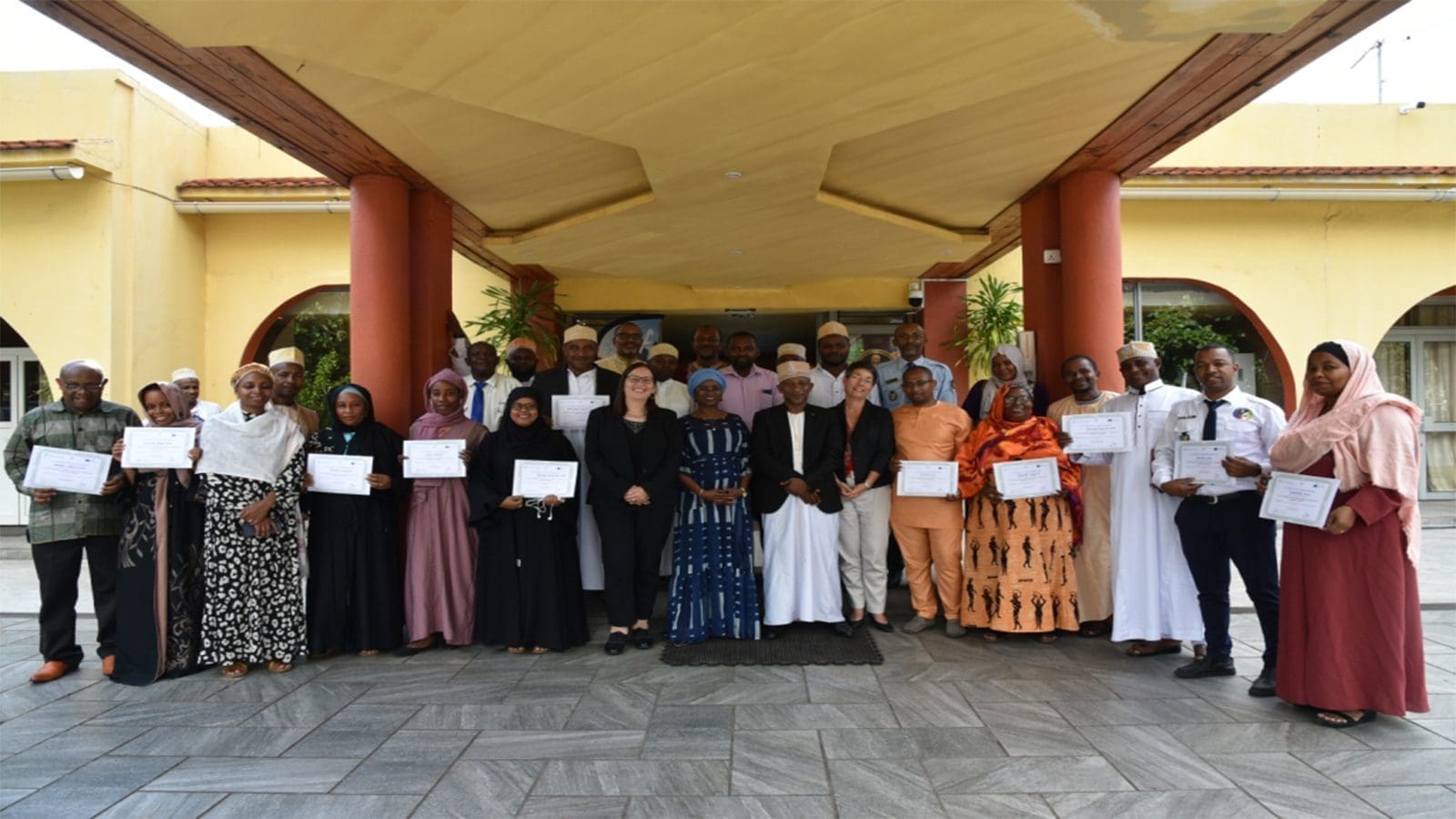COMOROS – The Food and Agriculture Organization (FAO) has started national-level initiatives targeted at key participants in the island nation of Comoros as part of an international project worth 5 million euros to enhance food safety and phytosanitary oversight in 12 African nations in the Common Market for Eastern and Southern Africa (COMESA) region.
The two-year project titled “Strengthening of Capacities and Governance in Food and Phytosanitary Control”, is spearheaded by a team of food safety experts from FAO’s Food Systems and Food Safety Division.
The team will provide technical support and work with governments to build capacity, strengthen governance and improve the strategic planning of participating countries around food safety and plant health.
“This workshop and training course was a very successful event. There was a truly collaborative spirit, and a keen desire to share information and opinions as part of a collective effort.
“This week, the team of assessors walked the national focal points through the first steps of their tasks which involve collecting information and data, a key part of the process that will continue over the next several weeks,” said Catherine Bessy, FAO Senior Food Safety Officer, who facilitated the four-day training of focal points in Moroni, the capital city of Comoros, last week.
FAO supports governments and institutions across the globe to apply food safety standards set by the Codex Alimentarius Commission to protect consumer health and promote fair practices in the food trade.
Ensuring food safety and plant health depends on systems that include effective assessment.
As part of the food safety component of the project, the FAO team will work closely with government ministries, academic institutions, and other stakeholders to implement its unique FAO/WHO National Food Control System Assessment Tool, which comprehensively evaluates the capacities of a country’s national food control system.
The tool’s major goal is to offer a harmonized, objective, and mutually agreeable framework for analyzing the effectiveness of a national food control system.
It is designed to be used by nations as a basis for self-evaluation to identify priority areas for improvement and organize a series of coordinated operations to achieve desired results. By performing the assessment frequently, nations can track their advancements.
The success of the tool depends on cooperation from various governmental levels and knowledgeable authorities along the food chain.
According to FAO, the administration exhibited a high degree of engagement and dedication by promising to deliver the necessary statistics at the previously held session.
The food safety team explained the technical procedures they will use throughout the program to stakeholders and focal points.
Seychelles will be the next destination on the schedule, where the initial workshop and training program for focal points kicked off on November 28.
For all the latest food safety news from Africa and the World, subscribe to our NEWSLETTER, follow us on Twitter and LinkedIn, like us on Facebook and subscribe to our YouTube channel.








